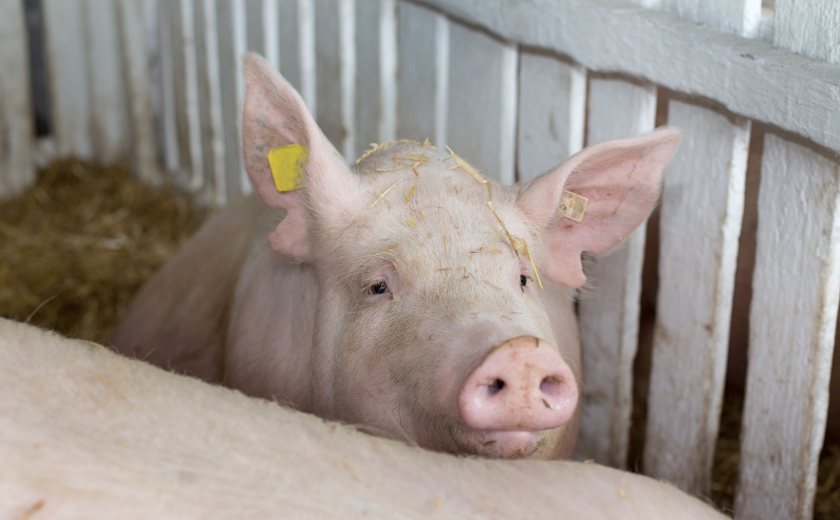
Britain’s pig producers have warned that the UK remains dangerously exposed to animal disease outbreaks unless the government boosts national biosecurity funding and on-farm investment in November's autumn budget.
The National Pig Association (NPA) said the Treasury must prioritise protecting borders from threats such as African swine fever (ASF) and foot and mouth disease (FMD), as well as support capital investment to improve animal welfare and farm resilience.
In its budget submission, the NPA also urged continued funding for the Agricultural Supply Chain Adjudicator (ASCA) and asked the government to reconsider proposed inheritance tax reforms.
The association welcomed the government’s “hugely significant” £1 billion investment in a new National Biosecurity Centre as part of the redevelopment of the Animal and Plant Health Agency (APHA) facilities at Weybridge.
However, it said that the UK “remains poorly protected from biosecurity and notifiable disease threats,” particularly as African swine fever (ASF) continues to circulate in parts of the EU and foot and mouth disease (FMD) has recently been detected in Germany and other member states.
The NPA’s submission linked these risks to high volumes of illegally imported meat entering the country from ASF-infected areas such as Romania, both through personal imports and commercial routes.
It warned that the government’s new Border Target Operating Model (BTOM) “is not fit for purpose and is highly vulnerable to exploitation from organised crime.”
The association has urged the Treasury and Defra to address weaknesses in the BTOM and ensure that port health and local authorities, including the Defra Port Health Authority (DPHA), are properly resourced to enforce control measures.
The NPA described this as a “relatively small investment” that could help prevent “a potentially catastrophic disease outbreak in the UK.” It is calling for a multi-year funding commitment to support these agencies and safeguard national biosecurity.
The submission also emphasised the need for long-term investment on farms to maintain animal health and welfare standards alongside national defences.
It highlighted the importance of continued capital funding through the Animal Health and Welfare Pathway, noting that while the first two rounds of large infrastructure grants focused on calf and hen housing, the third round would be ringfenced for indoor pig units.
The association said funding was “critical” to help producers manage the costly transition from conventional to flexible farrowing systems.
Citing estimates from the Building Suppliers Forum (BSF), the NPA said it could cost between £3,500 and £5,000 per sow place to refurbish existing buildings and up to £8,000 per place for new construction — excluding planning and associated costs.
It also expressed willingness to discuss a government-backed loan scheme to support farmers undertaking these upgrades.
The NPA’s submission further called on the government to ensure the Agricultural Supply Chain Adjudicator’s office remains adequately resourced as fair dealing regulations expand to cover additional sectors.
It also backed the NFU’s position that the government should rethink its proposed inheritance tax reforms, arguing that any changes must be more targeted and sensitive to the needs of family-run farming enterprises.
